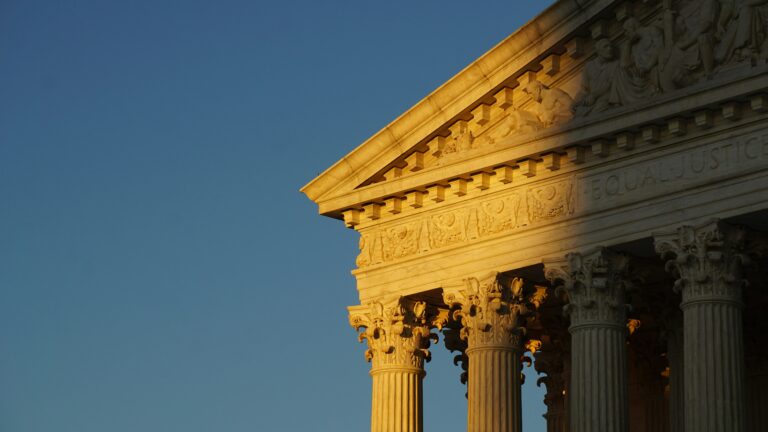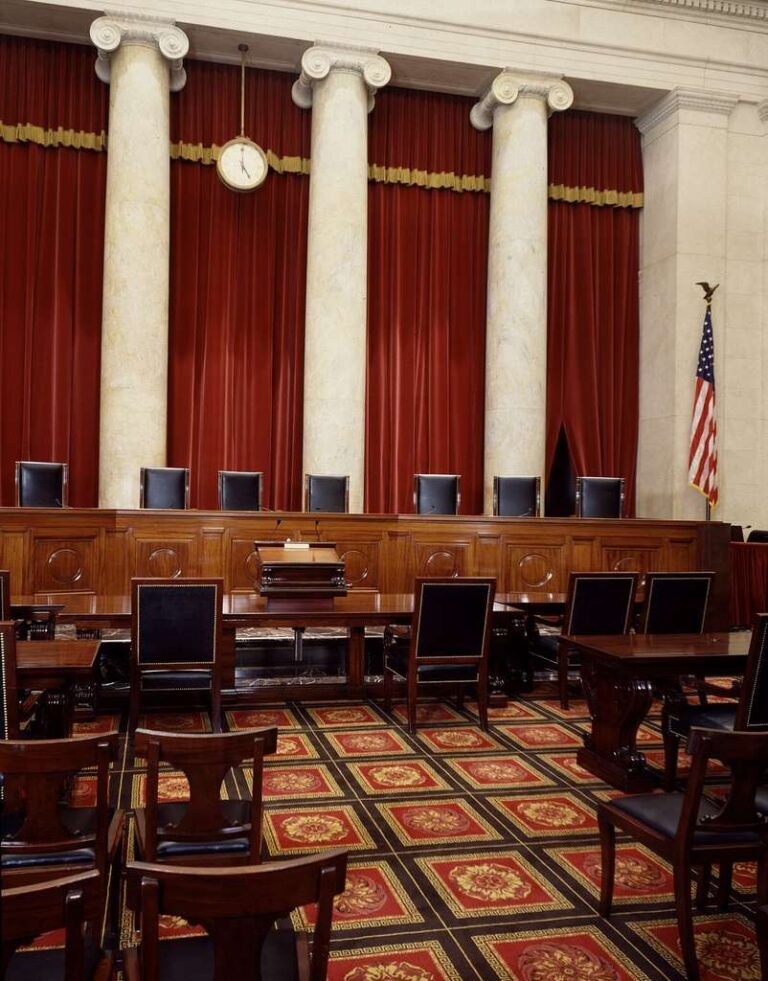
Andrew Strom is a union lawyer based in New York City. He is also an adjunct professor at Brooklyn Law School.
Two of the key talking points Republicans in the House of Representatives repeated endlessly in defense of Donald Trump were that Trump did not directly threaten Ukranian President Volodymyr Zelensky during the July 25th telephone call, and Zelensky later said that he didn’t feel pressured by Trump. A landmark 50-year-old Supreme Court labor law case, NLRB v. Gissel Packing Co., has much to teach us about these two defenses.
In considering the conversation between Trump and Zelensky, it’s worth recalling what the Court said about statements employers make to workers: one “must take into account the economic dependence of the employees on their employers and the necessary tendency of the former, because of that relationship, to pick up intended implications of the latter that might be more readily dismissed by a more disinterested ear.” In other words, the leader of a country who is awaiting almost $400 million in U.S. military assistance would be especially attuned to Trump’s request for a “favor.” Of course, the party line vote by Republicans in the House suggests that the same Republican House members who raised this defense are themselves vulnerable to this type of pressure from Trump and the Republican leadership.
The Gissel case also has something to say about why we should discount Zelensky’s statement that he didn’t feel pressured by Trump. In Gissel, the employer had interrogated workers about their involvement in the union, had threatened them with discharge for engaging in union activities, had fired two workers who attended a union meeting, and had threatened workers that it would never agree to a contract with the union. The National Labor Relations Board had found that because of this egregious misconduct it was not possible to hold a fair election, and thus, it ordered the employer to bargain with the union based on the fact that a majority of workers had signed union authorization cards. The employer argued workers sometimes sign authorization cards just to get an election, and that if the NLRB was going to rely upon the authorization cards, the employer should at least be able to question the workers as to their intent in signing the cards. The Supreme Court rejected this argument, explaining that even under oath workers are likely to say what the employer wants them to say “particularly where company officials have previously threatened reprisals for union activity.” In other words, if a person or entity has the power to coerce you, that same power will often keep you from publicly taking a position contrary to their interest.
Zelensky needed aid from the U.S. the same way that workers need their jobs. So, if the President of the United States told Zelensky that Zelensky needed to do him a “favor” to get the aid released and to get an important symbolic White House meeting, you better believe Zelensky felt threatened. And, likewise, Zelensky realized that as long as Trump is in office, he has nothing to gain by publicly accusing Trump of putting pressure on him.









Daily News & Commentary
Start your day with our roundup of the latest labor developments. See all
September 15
Unemployment claims rise; a federal court hands victory to government employees union; and employers fire workers over social media posts.
September 14
Workers at Boeing reject the company’s third contract proposal; NLRB Acting General Counsel William Cohen plans to sue New York over the state’s trigger bill; Air Canada flight attendants reject a tentative contract.
September 12
Zohran Mamdani calls on FIFA to end dynamic pricing for the World Cup; the San Francisco Office of Labor Standards Enforcement opens a probe into Scale AI’s labor practices; and union members organize immigration defense trainings.
September 11
California rideshare deal advances; Boeing reaches tentative agreement with union; FTC scrutinizes healthcare noncompetes.
September 10
A federal judge denies a motion by the Trump Administration to dismiss a lawsuit led by the American Federation of Government Employees against President Trump for his mass layoffs of federal workers; the Supreme Court grants a stay on a federal district court order that originally barred ICE agents from questioning and detaining individuals based on their presence at a particular location, the type of work they do, their race or ethnicity, and their accent while speaking English or Spanish; and a hospital seeks to limit OSHA's ability to cite employers for failing to halt workplace violence without a specific regulation in place.
September 9
Ninth Circuit revives Trader Joe’s lawsuit against employee union; new bill aims to make striking workers eligible for benefits; university lecturer who praised Hitler gets another chance at First Amendment claims.